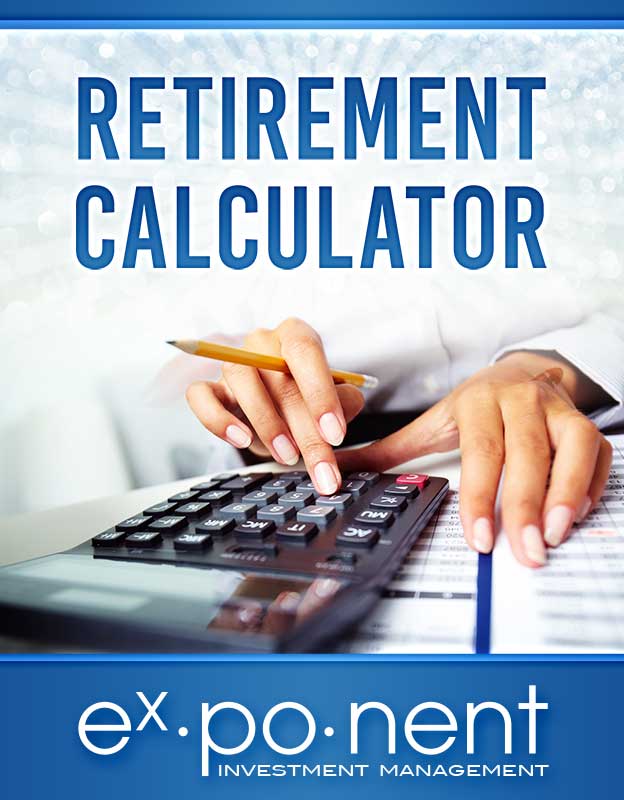If you’re reading this, it means you’ve reached the stage of life where you’re ready to start planning for retirement. While most experts suggest to start planning for retirement much earlier than later, this is easier said than done. Retirement planning involves a lot of intricate details that are best left to professional expertise. If acquiring professional advice is not an option for you, we’ve comprised a list of things to consider when planning for retirement.
Determine your ideal age of retirement
Everyone has an age they would like to retire by. It’s important to consider what this age is for you, so you can plan accordingly. Additionally, while you might have a desired age to retire, it is important to make sure it aligns with the expectations of retirement where you live. Some questions to ask yourself include: Do you enjoy your job and are you able to continue working? What age do you want to retire and more realistically what age are you able to retire? If both don’t match, what can you do to fix this now?
In Canada, if you retire before the acceptable age, you will receive a lower amount monthly for the Canada Pension Plan (CPP) or Quebec pension plan (QPP). If your ideal retirement age is before 60, will you have enough to live on until your CPP/QPP kicks in? Keep this in mind. Are you willing to accept the lower monthly payment in return for payments over a longer period of time. Are you taking care of anyone else that might require you have a certain amount of finances? Answering these questions and more will put you on the right path for retirement planning.
Determine how much you need to retire in Canada
If you live in Canada, you’ll need to be aware of the minimum amount that is needed for retirement. You need to determine if there is a set amount to qualify or if you can save up as much as you’re capable of. Knowing what the amount is will give you something to work towards, so that when it’s time to retire, you’re prepared and able to meet the criteria.
Determine the sources of income you will have during retirement
Before packing it up and calling it for good, it’s important to know where your source of income will be coming from post retirement. Do you have a Tax Free Savings Account (TFSA)? Will you be receiving a pension, CPP or QPP? Or are you planning to sell your home or other assets and property? Knowing your source(s) of income post retirement will allow you to make a living budget and ensure you don’t retire with no plan to make money.
Determine your cost of living during retirement
Just because you’re retired does not mean you stop having responsibilities. That’s why it’s important to include a close to scale budget of what your expenses will look like post retirement. Be sure to include things like rent, utilities, car payments, entertainment, food, etc. any and everything that requires money. Having a set budget will not only help guide your retirement plan decisions, it’ll also help you stay grounded after retirement.
Determine how to stretch the money you have
Along with having a determined source of income post retirement, it’s important to have a plan to stretch the income in case of unexpected incidences. for example, will you invest your money in mutual funds so they can continue to yield even more money? If mutual funds aren’t the best option for you, speak with a financial advisor to understand what other options you have. planning for unexpected situations is just as important as planning for expected outcomes. This way, you’ll cover all your bases.
Planning for retirement involves intricate details that might be overwhelming for some. That’s why its best to always seek professional counsel. If you’re ready to start thinking about retirement, our team is ready to meet with you.






